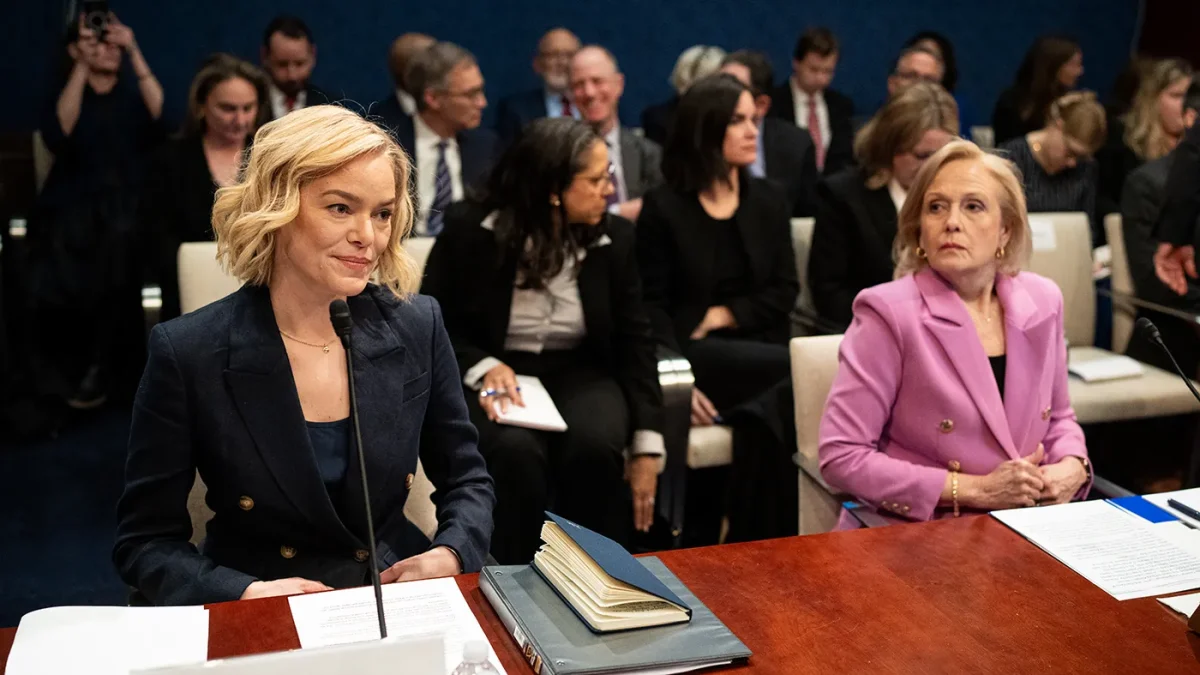Publicly funded channels such as PBS provide free, high-quality educational content to all children, regardless of their family’s income or location. They ensure that every kid, even those who may not have access to expensive streaming services, has equal learning opportunities that many Texas kids rely on, and more. PBS doesn’t need cable to necessarily work, but they do have online streaming where both newer and older shows are streamed from your compatible device. They even provide games that include reading, math, and other fun educational games.
These programs themselves are designed to not only teach academic skills like reading and math, but also help with emotional intelligence, empathy, and social construction. Shows like “Sesame Street” and “Mister Rogers’ Neighborhood” help children understand their feelings and the world around them in a safe, nurturing environment.
Though their public broadcasting has commercials they are more towards influencing kids with content with educational value rather than profit. This helps protect kids from excessive advertising and that everything is age appropriate and focused on their developmental needs.
“We cannot give up on these children, and millions of others like them. Public Service Broadcasting is key to their futures, the future of our nation and the wider world.” – The Children’s Media Foundation
On May 2, 2025, President Donald Trump signed an executive order to halt federal funding for PBS and NPR, directly threatening the future of children’s programming. This move ended the “Ready To Learn” grant – a $23 million program that funded beloved educational shows such as “Sesame Street,” “Reading Rainbow,” and “Clifford the Big Red Dog.” The Corporation for Public Broadcasting (CPB) and PBS have both warned that without the support, new children’s programming will “skid to a halt,” and stations with smaller communities, which rely heavily on federal funding, could face existential threats.
PBS CEO Paula Kerger highlighted the gravity of the situation:
“You’re not going to turn on your TV set and not see our children’s programming anymore, but if that funding is cut off, we have development programs right now, and that will suddenly skid to a halt… For some stations, Trump’s order is ‘existential’ if funding does go away.”
The Trump administration justified these cuts by claiming that PBS and NPR promote “divisive ideologies and woke propaganda,” but public media leaders and educators argue that the real impact will be felt by millions of children who depend on these programs for early learning and development.
The struggle to protect funding for children’s shows is not new. In 1969, Fred Rogers, creator and host of “Mister Rogers’ Neighborhood,” famously testified before the U.S. Senate to defend funding for public broadcasting. Rogers passionately explained how his show helped children deal with their emotions and understand that “feelings are mentionable and manageable,” emphasizing the unique role of television in supporting children’s mental health and development.
A powerful quote from Mister Rogers’ testimony:
“I give an expression of care every day to each child to help him realize that he is unique. I end the program by saying, ‘You’ve made this day a special day, by just your being you. There’s no person in the whole world like you, and I like you just the way you are.”
His appeal moved the Senate committee and ultimately secured the funding needed to keep public children’s programming alive for generations to come.
Public access to kids’ shows is not just about entertainment; it’s about ensuring every child, regardless of background, has an opportunity to learn, grow, and feel valued. The current defunding efforts threaten to widen educational gaps and deprive millions of children of essential resources. As Mister Rogers demonstrated decades ago, the fight for public broadcasting is a fight for the well-being and future of all children.


